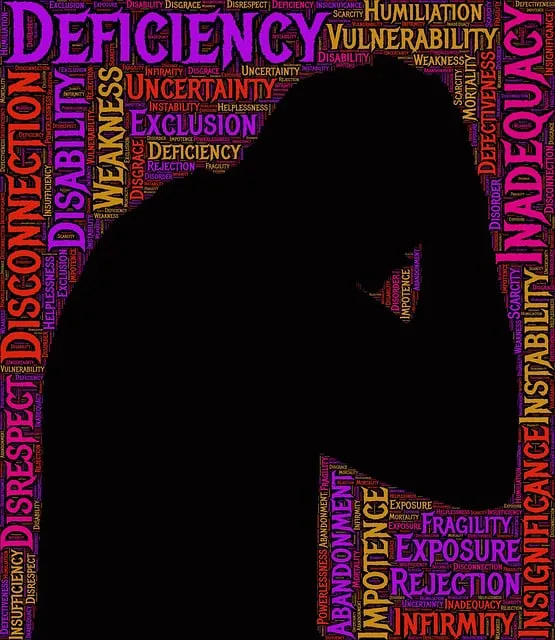Kaiser Permanente in Westminster offers accessible mental health services, including self-assessment tools that empower individuals to take charge of their psychological well-being. Their initiatives break down barriers, encourage open conversations, and improve community mental health outcomes. Services are tailored to Westminster residents' specific needs, integrating mindfulness practices, coaching, and cultural competency training for personalized care.
Mental wellness self-assessment tools play a crucial role in identifying and addressing psychological concerns. With organizations like Kaiser Permanente offering comprehensive mental health services, including those in Westminster, there’s an increasing demand for accessible and effective assessment methods. This article explores the development of these tools, providing a step-by-step guide to creating valid and reliable resources. We also discuss strategies for integrating self-assessments into healthcare services, enhancing patient care and outcomes.
- Understanding the Need for Mental Wellness Self-Assessment Tools
- Developing Effective Assessment Tools: A Step-by-Step Guide
- Integrating and Promoting Self-Assessment in Healthcare Services
Understanding the Need for Mental Wellness Self-Assessment Tools

In today’s fast-paced world, mental wellness is a significant aspect of overall health that often goes overlooked until it becomes a pressing issue. This is where self-assessment tools play a pivotal role in promoting early detection and intervention for various mental health conditions. Organizations like Kaiser Permanente understand the critical need for accessible mental health services, especially in communities like Westminster, where awareness and support are essential.
By offering resources for self-assessment, Kaiser Permanente facilitates individuals’ journeys towards better mental wellness. These tools empower people to take an active role in understanding their psychological state, fostering resilience, and adopting effective communication strategies. Mental Health Awareness initiatives led by such institutions contribute significantly to breaking down societal barriers and encouraging open conversations about mental health, thereby improving overall well-being within communities.
Developing Effective Assessment Tools: A Step-by-Step Guide

Developing effective mental wellness self-assessment tools is a meticulous process that requires careful planning and execution. The first step involves defining the purpose and scope of the assessment, aligning it with Kaiser Permanente’s comprehensive mental health services in Westminster, such as their Mindfulness Meditation programs or Mental Wellness Coaching initiatives. Understanding the target audience and their unique needs is paramount; this guides the selection of relevant questions and metrics.
Subsequently, a structured yet adaptable framework should be crafted, incorporating validated scales, new insights from research on Mental Health Awareness, and practical considerations for user experience. Reliability and validity testing are crucial to ensure the tool’s accuracy and consistency in measuring mental wellness. Regular updates based on feedback and evolving best practices guarantee the assessment remains relevant and beneficial.
Integrating and Promoting Self-Assessment in Healthcare Services

Kaiser Permanente, known for its comprehensive healthcare services, including mental health support in Westminster, recognizes the power of self-assessment as a cornerstone in promoting emotional well-being. Integrating self-assessment tools into their care model allows individuals to actively participate in understanding and managing their mental health. This proactive approach is especially significant given that early intervention and self-awareness can significantly boost confidence and overall resilience.
By offering these tools, Kaiser Permanente facilitates a more personalized healthcare experience. Patients can regularly track their emotional states, identify potential issues, and take charge of their mental wellness. Furthermore, the Healthcare Provider Cultural Competency Training, which focuses on understanding diverse patient needs, ensures that self-assessment practices are inclusive and respectful of various cultural backgrounds. This, in turn, enhances trust and encourages open communication between patients and healthcare providers, making it easier to implement effective Emotional Well-being Promotion Techniques tailored to individual needs.
Mental wellness self-assessment tools play a pivotal role in empowering individuals to take charge of their mental health. As organizations like Kaiser Permanente offer comprehensive mental health services in Westminster and beyond, integrating these assessment tools into healthcare practices becomes increasingly vital. By following a structured guide, as outlined in this article, developers can create effective tools that enhance access to care, facilitate early intervention, and ultimately improve overall well-being. Regularly updating and promoting self-assessment options ensures that individuals have the resources needed to navigate their mental health journeys effectively.






